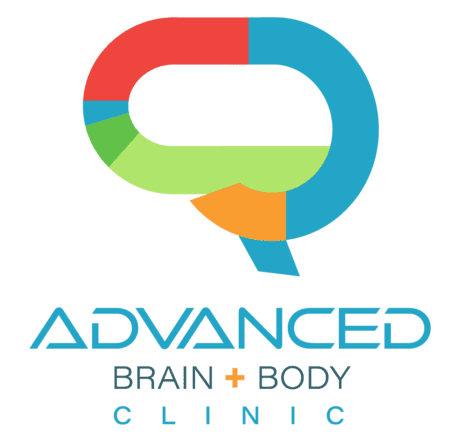Ketamine Benefits and Risks
Many of our patients have experienced tremendous results from ketamine and esketamine and we have administered over 5,000 treatments at our Minneapolis ketamine clinic.
Benefits of ketamine and esketamine (Spravato) for depression
- Ketamine/esketamine are very powerful and fast-acting treatments for depression, anxiety and PTSD. Ketamine and esketamine may work after a single dose. These are the only depression treatments that can work within hours, making them an important option for urgent cases.
- Ketamine/esketamine can provide more relief compared to traditional antidepressants that need to be taken daily for years. Ketamine/esketamine grow neurons within hours and continue to increase neuronal growth factors for 3 days after administration. When neurons grow, they respond more to the neurotransmitters that make us feel good. All other psychiatric medications increase neurotransmitters such as serotonin, dopamine, or norepinephrine. For up to 70% of depressed patients, this is enough. However, for the 30% of patients who don’t get relief from these treatments, ketamine works on the other side of the equation to provide relief when traditional antidepressants aren’t working.
Ketamine results
Ketamine/esketamine has a very high success rate for those with treatment resistant depression. Ketamine/esketamine have a 70% chance of success for people who have not responded to other treatments. We can compare this to the 10% chance of response that these patients would have if they tried yet another antidepressant.
Potential Risks
Like most powerful medications, ketamine or esketamine may cause serious side effects including:
- Increased blood pressure and heart rate. Ketamine or esketamine can cause a temporary increase in blood pressure that may last for about 4 hours after taking a dose. Your healthcare provider will check your blood pressure before taking a dose and for at least 2 hours afterward.
- Problems thinking clearly.
- Bladder irritation.
- The most common side effects of ketamine or esketamine include: dissociation, dizziness, nausea and vomiting, sedation, spinning sensation, reduced sense of touch and sensation, anxiety, lack of energy, increased blood pressure, and feeling intoxicated/euphoric.
Our Safety Protocol
Advanced Brain + Body Clinic follows the Risk Evaluation and Mitigation Strategy (REMS) protocol and American Psychiatric Association guidelines for all of the esketamine and ketamine treatments administered, including intranasal (IN), intramuscular (IM), and intravenous (IV) delivery methods. Our safety protocol includes:
- Screening patients for active addictions
- Ketamine/esketamine are never given outside of the office
- Ketamine/esketamine is stored in a secured area
- Comprehensive psychiatric examination and medical screening prior to treatment to identify any potential medical problems which may increase the dangerousness of ketamine/esketamine treatment
- All ABBC staff meet with our licensed psychiatrists regularly to discuss cases where patients are starting ketamine/esketamine treatments, who have had their dosage increased without benefit, who have behavioral problems around the time of ketamine treatment, or have new medical symptoms or diagnoses
- If the patient and their provider agree that ketamine/esketamine is right for them, the benefits and risks are discussed and the patient must sign an acknowledgement if they choose to move forward with treatment
- Patients typically begin with 6 doses over 2-3 weeks. After the first 6 doses are completed, the provider will reassess the patient’s response and will typically begin tapering the treatments off to as few treatments as possible. If needed, the patient and their provider may decide to proceed with treatments up to twice per week. Over time patients may need anywhere from twice weekly treatment to a burst of 6 treatments every 6-12 months. We use the frequency of treatments that is effective as long as it does not cause side effects
- ABBC follows the dosing guidelines which give the minimum dose needed to have the desired therapeutic effect to minimize total ketamine exposure. Higher dosages and more frequent treatments increases the risk of long term side effects
- Before each treatment session, patients are asked to note any changes in their medical situation, symptoms, and depression/anxiety levels
- Vital signs are checked before treatment begins
- Following each treatment, an ABBC clinician (CNP or MD), a nurse, and a ketamine technician monitor patients in our office for two hours. Providers will regularly check vital signs and offer support to mitigate side effects
- Clinicians meet with each patient on a monthly basis outside of ketamine treatment sessions to assess their response and any potential complications. The patient and their provider will collaborate on any adjustments that need to be made to their treatment plan
Learn more about our Minneapolis ketamine clinic.

